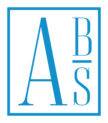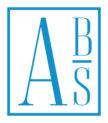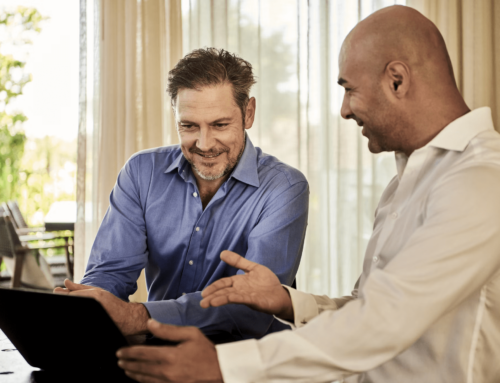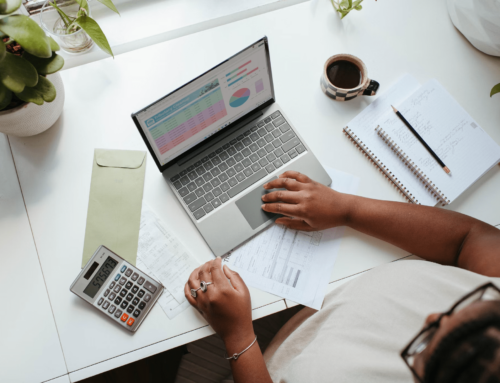Congratulations! You have started your own business. As you work on getting your business off the ground, you are wondering what some of the things are that you can claim as business expenses. You can deduct any reasonable current expense that you incur to earn your business income. However, it is important to know the difference between a current expense and a capital expense.

Generally speaking, any piece of equipment or furniture you purchase for your business is considered a capital expense. If you are a farmer, the farming equipment would be your capital expense and would be classified as an asset of your business on your balance sheet. CRA has a set of rules on how to expense these assets for tax purposes and they are generally deducted from your business income over several years. In contrast a current expense is deducted in the year it incurs.
There are several criteria that differentiate between current and capital expenses. These are
- Capital expenses provide a benefit lasting longer than one year. Current expenses reoccur after a short period of time.
- Capital expenses improve property from its original state, whereas current expenses restore property only up to its original condition.
- Capital expenses are generally new property or equipment whereas current expenses generally repair part of an existing piece of equipment or property.
Example of a capital expense would be a truck or van purchased for business use. Instead of expensing it in the year of purchase, you depreciate it or in simple terms spread the cost over its useful life. An operating or current expense would be the repair and maintenance costs like change of truck battery. You will expense these in the year they are incurred.
Now that you have decided that a certain expense is an operating expense, you need to consider whether it is truly a business expense or not.
Fuel consumed by a truck for delivering customer goods is no doubt a business expense. Taking a potential or existing client on lunch is a business expense but you cannot claim your Starbucks late or your solo lunch as a business expense.
For expenses that have a component of personal usage, you can only claim the business usage. An example would be your phone that you use for both personal and business purposes. This is not a comprehensive list of all deductible expenses. It is crucial to consult with an accountant to setup your accounting system and get some training to track your expenses even if you are not planning on using ongoing bookkeeping services.
Do not hesitate to book your free consultation today to discuss how I can help you in understanding the financial aspect of running your business. An accountant is not just for preparing your annual tax returns but a valuable partner who can help you identify areas for improvement, reduce costs and guide you in making sound financial decisions.






